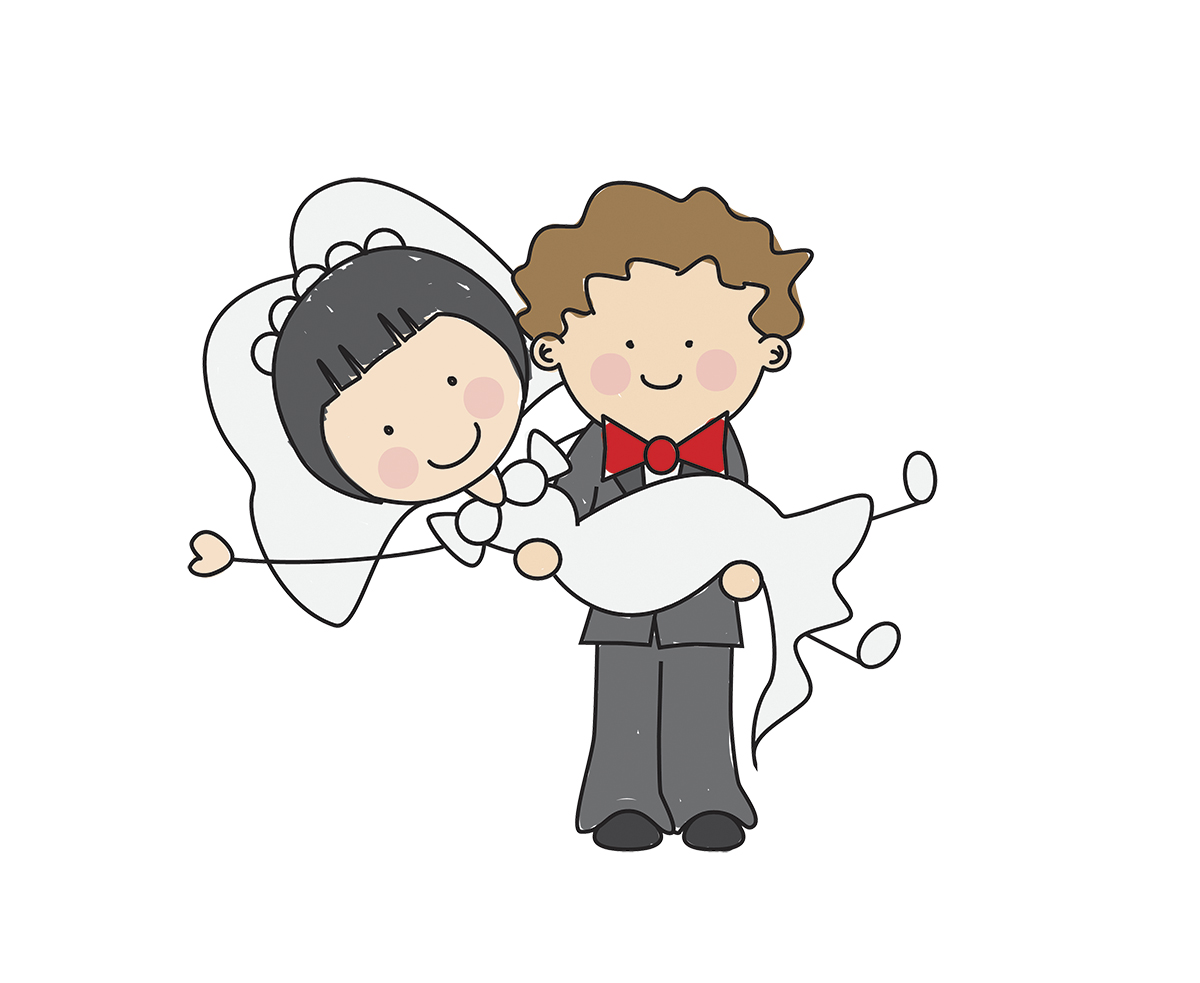WRITER | PAM TOIGO
Johnny Carson once said, “There is only one fruitcake in the entire world, and people keep sending it to each other.”
It may have seemed that way, Mr. Carson, but perhaps you didn’t give it a chance. With a little background and a sturdy fork, you would have found that fruitcake is a dense delight with a history as long-standing as its shelf life.
Like all really good things, the fruitcake has been around for a while. The ancient Romans were known to serve a combination of sweet and tart in a cake they called satura, which included pine nuts, barley mash, pomegranate seeds, raisins, and honeyed wine. It sounds a bit like the first energy bar, including a jolt of alcohol. The modern fruitcake can be traced as far back as the Middle Ages, when dried fruits became more widely available and fruited breads entered West European cuisine.
Variations on the fruitcake soon started springing up. Italy’s dense, sweet-and-spicy panforte (literally, “strong bread”) dates back to 13th century Sienna. Germany’s stollen, a tapered loaf coated with melted butter and powdered sugar that’s more bread-like in consistency, has been a Dresden delicacy since the 1400s and even has its own annual festival. And then there’s black cake in the Caribbean Islands, a boozy descendant of Britain’s plum pudding, where the fruit is soaked in rum for up to a year.
The American tradition of eating fruitcake around the holidays descends from Britain, where it is sometimes called Christmas cake. This fruitcake was incredibly popular in Victorian England, when it became a vital part of celebrating holidays and weddings. Both Princess Diana and Kate Middleton served fruitcake at their weddings, making it a royal favorite. It’s reported that a slice of Charles and Diana’s aged cake was auctioned for $6,000 some 27 years post-wedding. But leave it to the modern royal couple, Prince Harry and Princess Meghan, to buck tradition. They opted for an understated cake made with Amalfi lemons and English elderflower. To each their own.
And there aren’t many desserts that can say they’ve been to the moon. It was the propitious pineapple fruitcake that hitched a ride on the Apollo 11 space mission. This confection, however, was returned to earth uneaten. Go figure.
It’s true, fruitcake is the baked good that never dies; if it doesn’t get eaten at Christmas, it’s bound to last a lifetime. Maybe it really isn’t palatable. Maybe it just gets a bad rap. Or maybe, if you don’t like it, you simply haven’t had a good one. But while you may not be a fan, there are clearly enough who are, because December 27 has been designated National Fruitcake Day, and there must be a reason. After all, you don’t get a whole day named after you if you’re not something worth thinking seriously about, and we wouldn’t even be talking about fruitcake right now. Would we?








